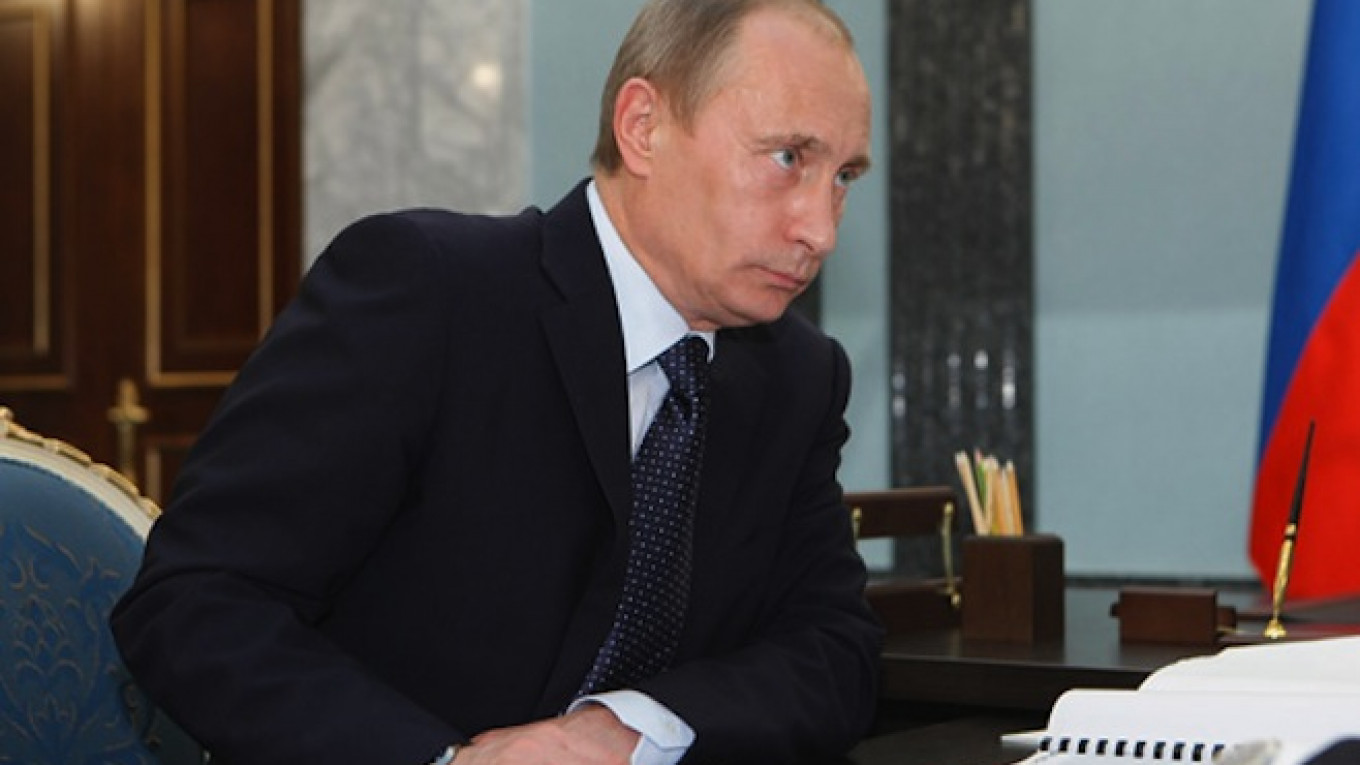Russian President Vladimir Putin signed off Tuesday on the so-called “right to be forgotten” law, which requires search engines to remove Internet users' personal information from their results in certain cases, the Kremlin announced in a statement.
“The Federal Law establishes that a search engine operator, upon an individual’s request, shall stop providing links giving access to the applicant’s information that is disseminated in violation of Russian Federation law, is false or outdated,” the statement read.
In accordance with the new law, which was adopted earlier this month by parliamentarians, search engines are required to comply with such requests within 10 days of receiving them.
As noted by Russian news site Meduza, it remains unclear what criteria will be used to evaluate the correctness and relevance of the disputed information.
The legislation has been criticized by Russian Internet companies concerned about balancing the right to privacy against the freedom of information.
A Message from The Moscow Times:
Dear readers,
We are facing unprecedented challenges. Russia's Prosecutor General's Office has designated The Moscow Times as an "undesirable" organization, criminalizing our work and putting our staff at risk of prosecution. This follows our earlier unjust labeling as a "foreign agent."
These actions are direct attempts to silence independent journalism in Russia. The authorities claim our work "discredits the decisions of the Russian leadership." We see things differently: we strive to provide accurate, unbiased reporting on Russia.
We, the journalists of The Moscow Times, refuse to be silenced. But to continue our work, we need your help.
Your support, no matter how small, makes a world of difference. If you can, please support us monthly starting from just $2. It's quick to set up, and every contribution makes a significant impact.
By supporting The Moscow Times, you're defending open, independent journalism in the face of repression. Thank you for standing with us.
Remind me later.






